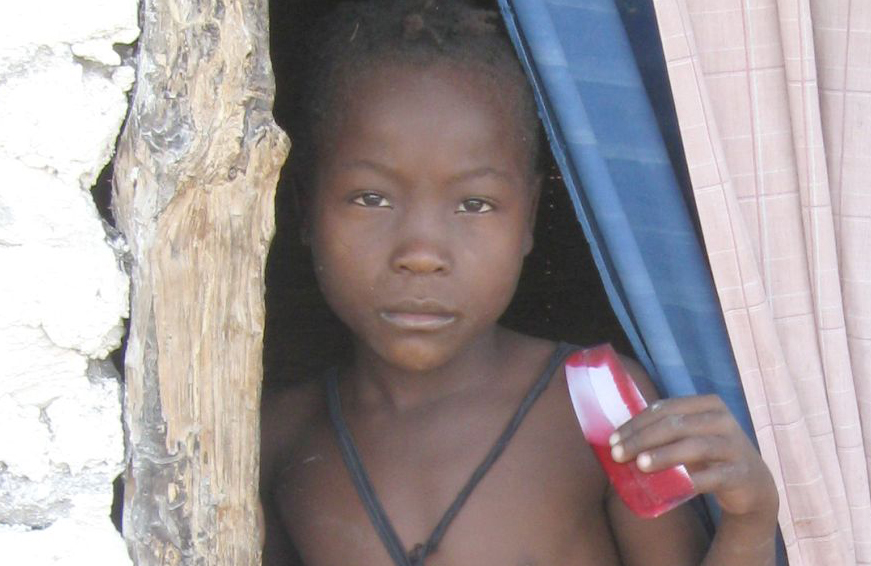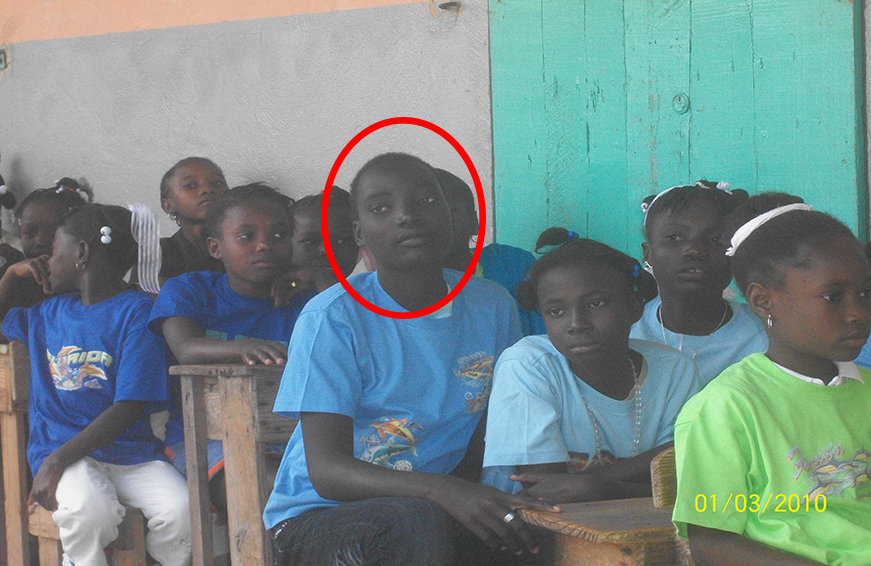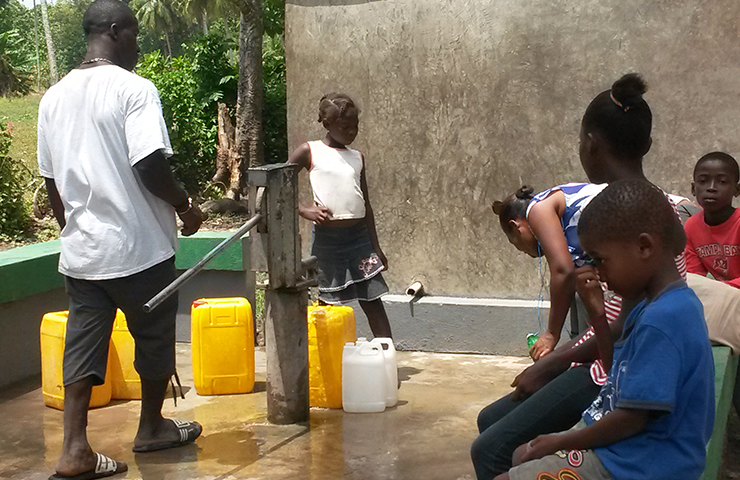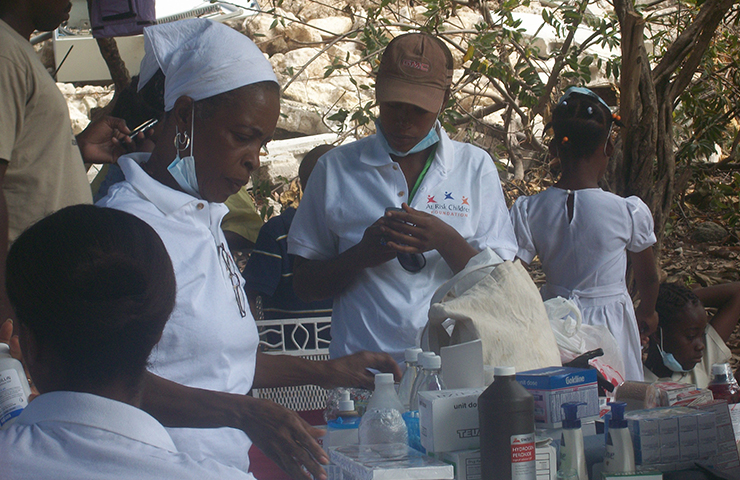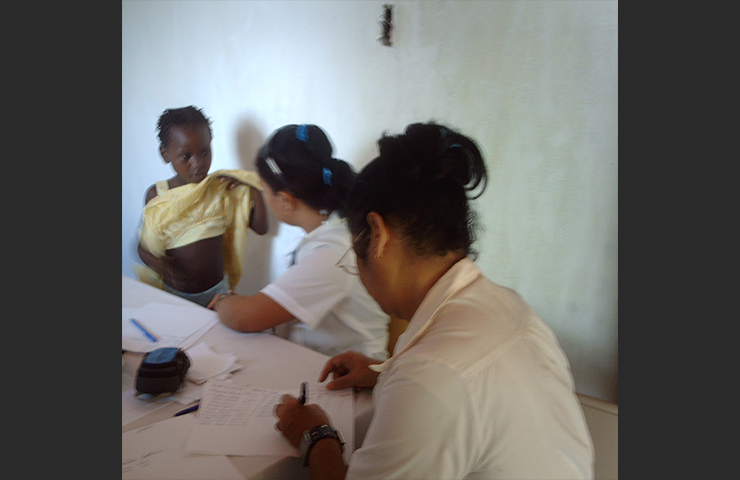At Risk Children Foundation – Save the Kids Newsletter starts off with a message from the Director. It reviews the work that ARCF has accomplished in the past years and sets goals to accomplish in years to come. This newsletter does a good job of making the reader feel like they are an essential part of the organization’s mission and achievements, as well as keeping our supporters up to date on what we prioritize and where their donations are going.
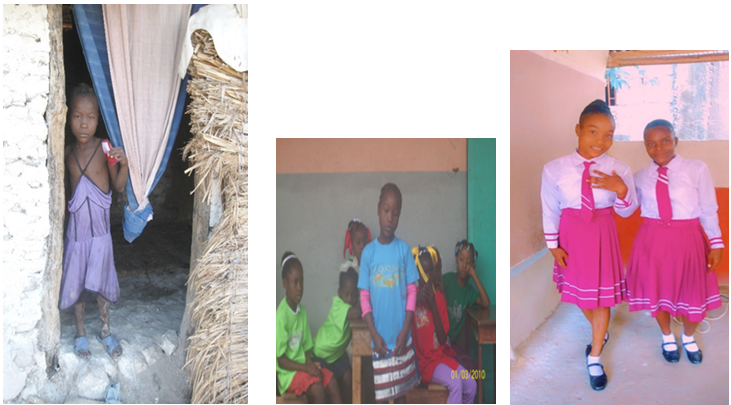
The At-Risk Children Foundation has for twenty years lived and breathed only for our beloved impoverished Haitian orphans, displaced children and families. We used directly or indirectly our funding for these little ones, each with her/his own story of pain and neglect until ARCF rescued them.
One such little one was Widlene Dorzilma. Widlene found ARCF thirteen years ago when she was eight years of age. She had been abused and bullied but persevered through her school years under our care. Now at twenty-one, she studies with her cousin, Cynthia Jean, at College Jean Jacques Dessalines in Philo classes. (Philo equivalent U.S 12th grade +1) classes are required to take Haiti’s National Exam. She remains dedicated to her dream of helping others as a nurse.
We of ARCF-Save the Kids and you who have supported us, can celebrate your helping to care for Widlene and eighty-seven other blessed children. Yours is the work of God.
